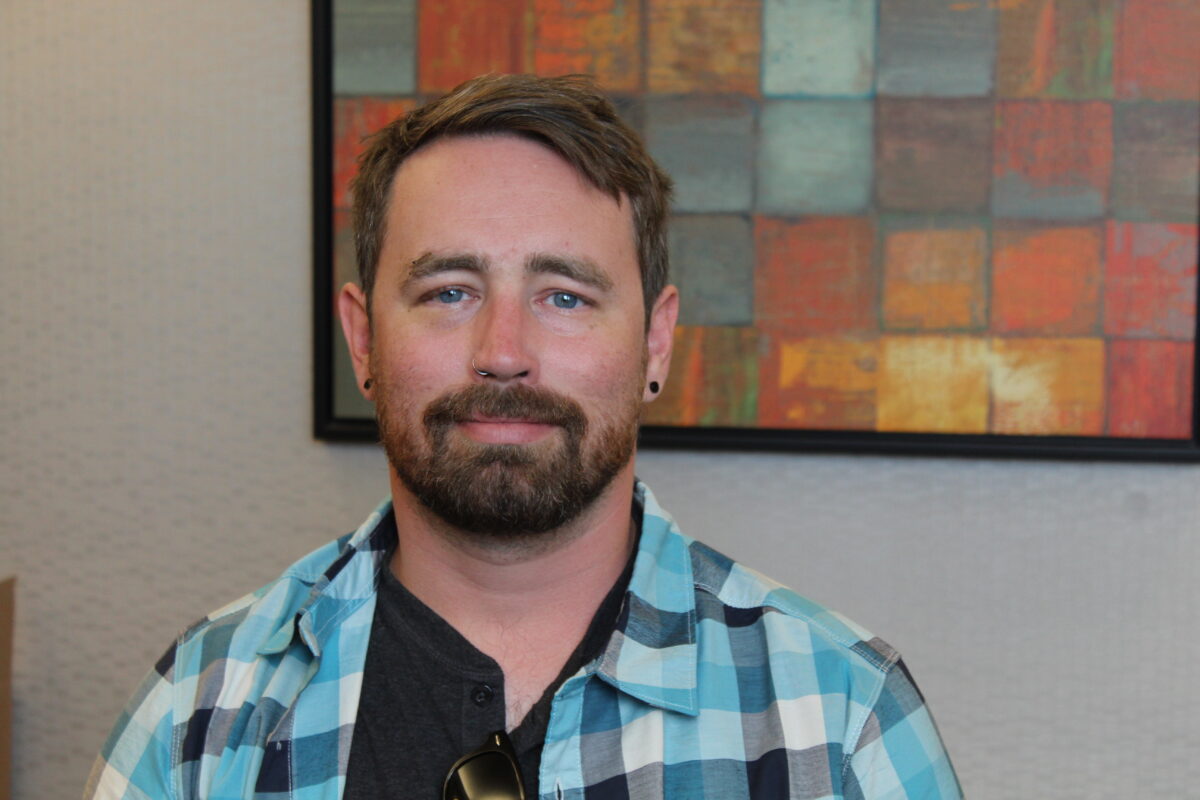
Collin has struggled with alcohol his entire adult life.
Growing up in an abusive home, Collin always turned to alcohol to ease his fear and anxiety. He would drink every day, as many as 12 drinks in one night.
It all caught up to him when he ended up going to jail for impaired driving. When Collin was released, he had nowhere to stay.
It was also the start of the COVID-19 pandemic.
When Collin was first released, he stayed on the streets – taking shelter at the old bus terminal in downtown Kitchener, or couch surfing with friends. It meant getting little rest, and, often, being put in situations where it was really hard to stay sober.
“I ended up at a drug dealers’ house for a few nights,” said Collin. “It wasn’t good.”
Collin went to the Region’s temporary overflow shelter, where he could get some sleep and food. When he started to experience COVID-like symptoms, including a fever and muscle aches, Collin was transferred to House of Friendship’s Emergency Shelter program at a local hotel, where an isolation floor had been set up.
It was there that things changed for Collin.
That’s because the Shelter program offered more than shelter. It offered ShelterCare, with health care and other supports in one location.
“I’ve literally used every service, and it’s been really positive.”
Collin
While there, Collin reduced his alcohol consumption, connected with the health team on site to renew prescriptions, sought out counselling to improve his mental health, and received support to apply for housing and a residential addiction treatment program.
“I wouldn’t be where I am without this help,” said Collin. “I feel so much better.”
Collin said that those experiencing homelessness aren’t able to make big changes like dealing with addiction and mental health issues while on the streets.
“When you have no shelter, your immediate concern is survival. It’s not rehabilitation, or getting better, or getting back into society. It’s ‘where’s my next meal coming from, where am I sleeping tonight?’ There’s no opportunity, no opportunity whatsoever for growth or change.”
Collin
Collin said that while COVID has been such a tragic thing for the world to endure, it also is what provided him with the opportunity to change.
Before COVID, the old Shelter model provided a bed for the night and some food, but few additional services. It also had the expectation that participants would leave for the day, regardless of weather – or how they were feeling.
Without the extra support of ShelterCare, Collin said he probably wouldn’t have been able to stop drinking, which he did earlier this year.
“Let’s pretend there was no COVID,” said Collin. “It would have been impossible for me to access all of the resources I did. Having them all in one place has helped me tremendously. I can’t even fathom a future not having had this.”
“I would still be using. There’s a good chance I would be dead without this help.”
Collin.
Collin was particularly grateful for the support from his medical team in filling out the many applications that were needed to get assess to addiction treatment.
“Homeless people don’t have access to health care, and don’t have their records or information. So to have all these medical forms to fill out was just overwhelming. If I didn’t have the medical centre here, I wouldn’t have finished any of these.”
Collin has now entered treatment, and is looking forward to a future where he can make new beginnings.
“It’s sad it took a pandemic for ShelterCare to happen. This should be the model. I couldn’t envision a facility that is not like this. If it hadn’t existed, I wouldn’t be where I am today.”



